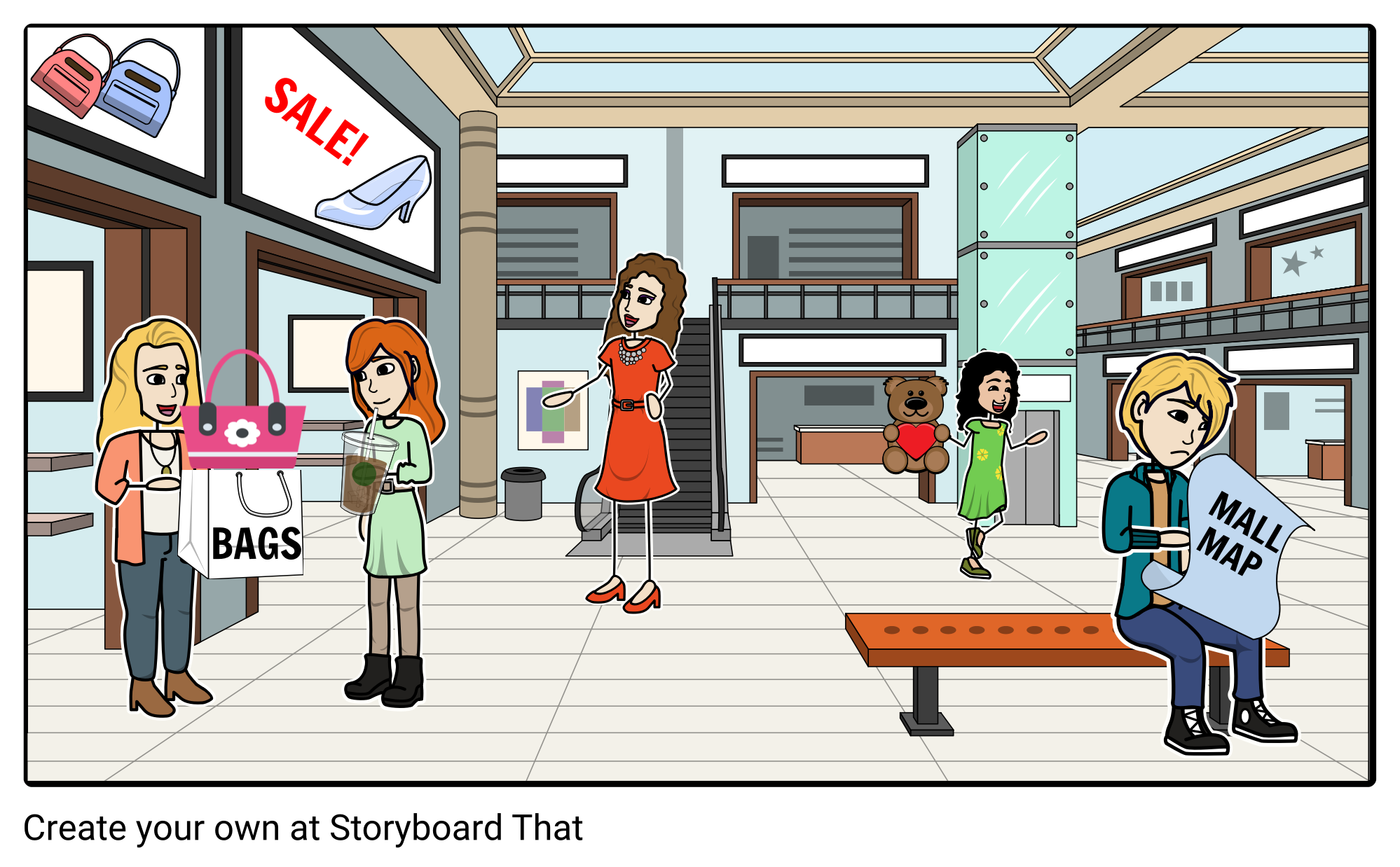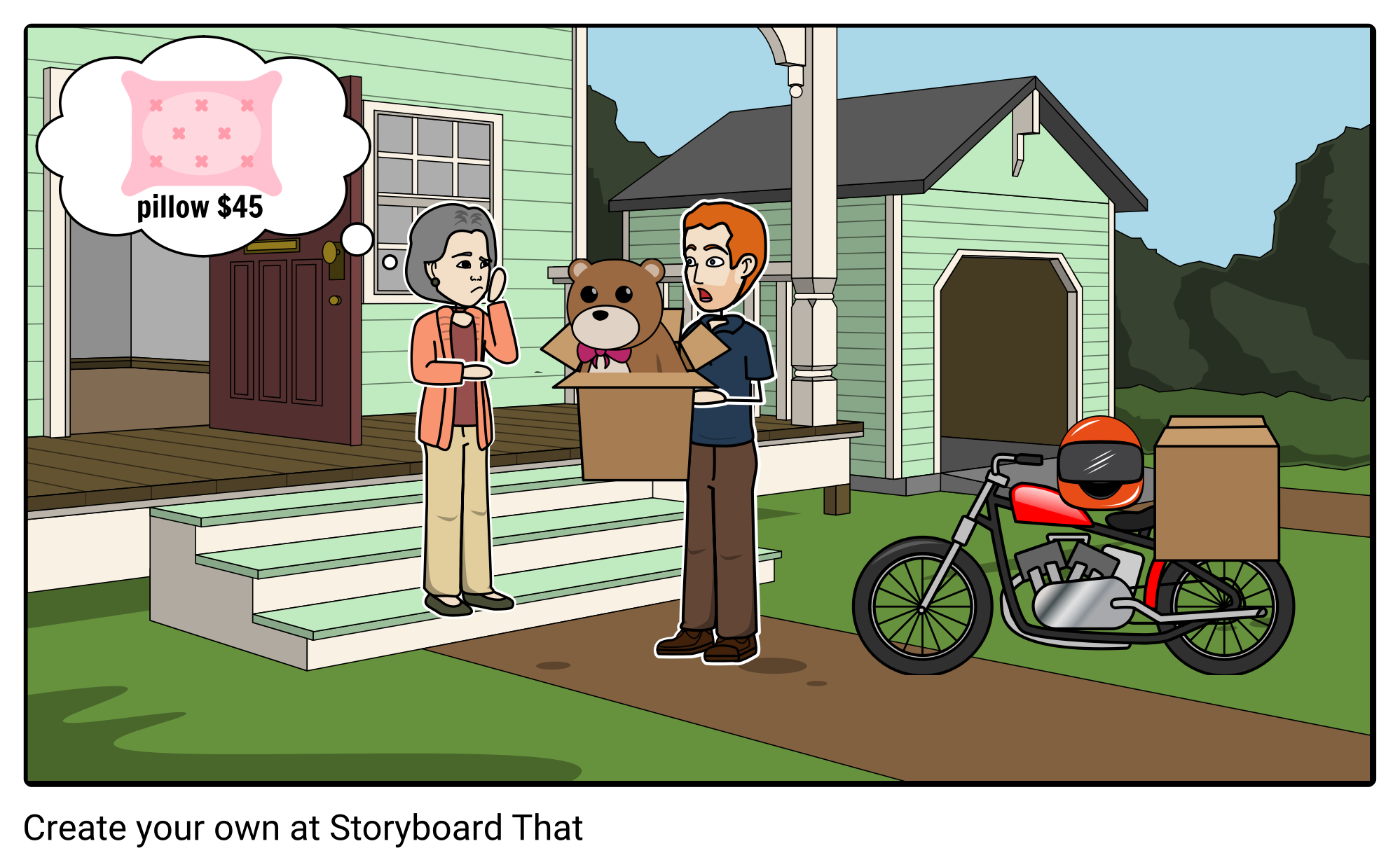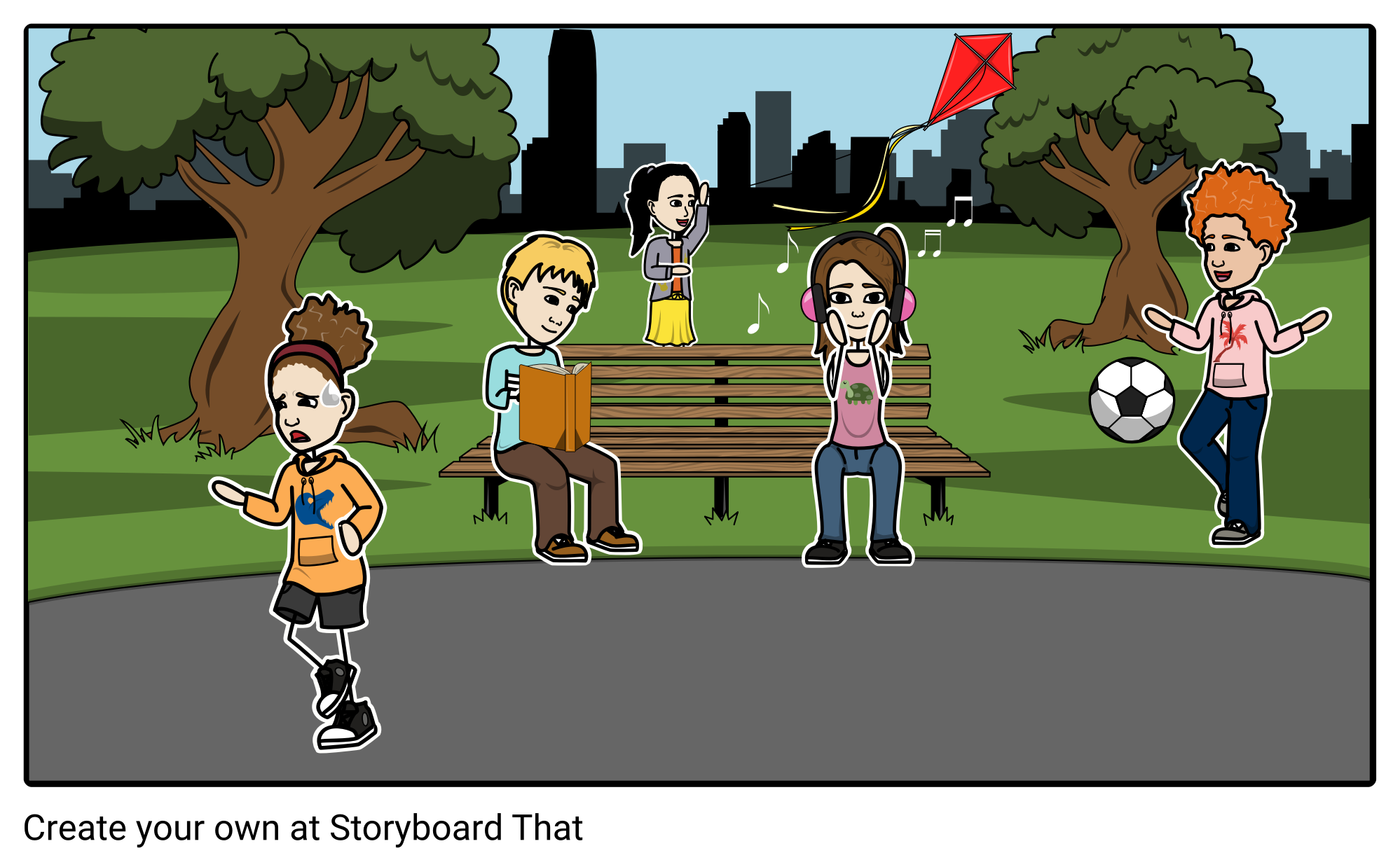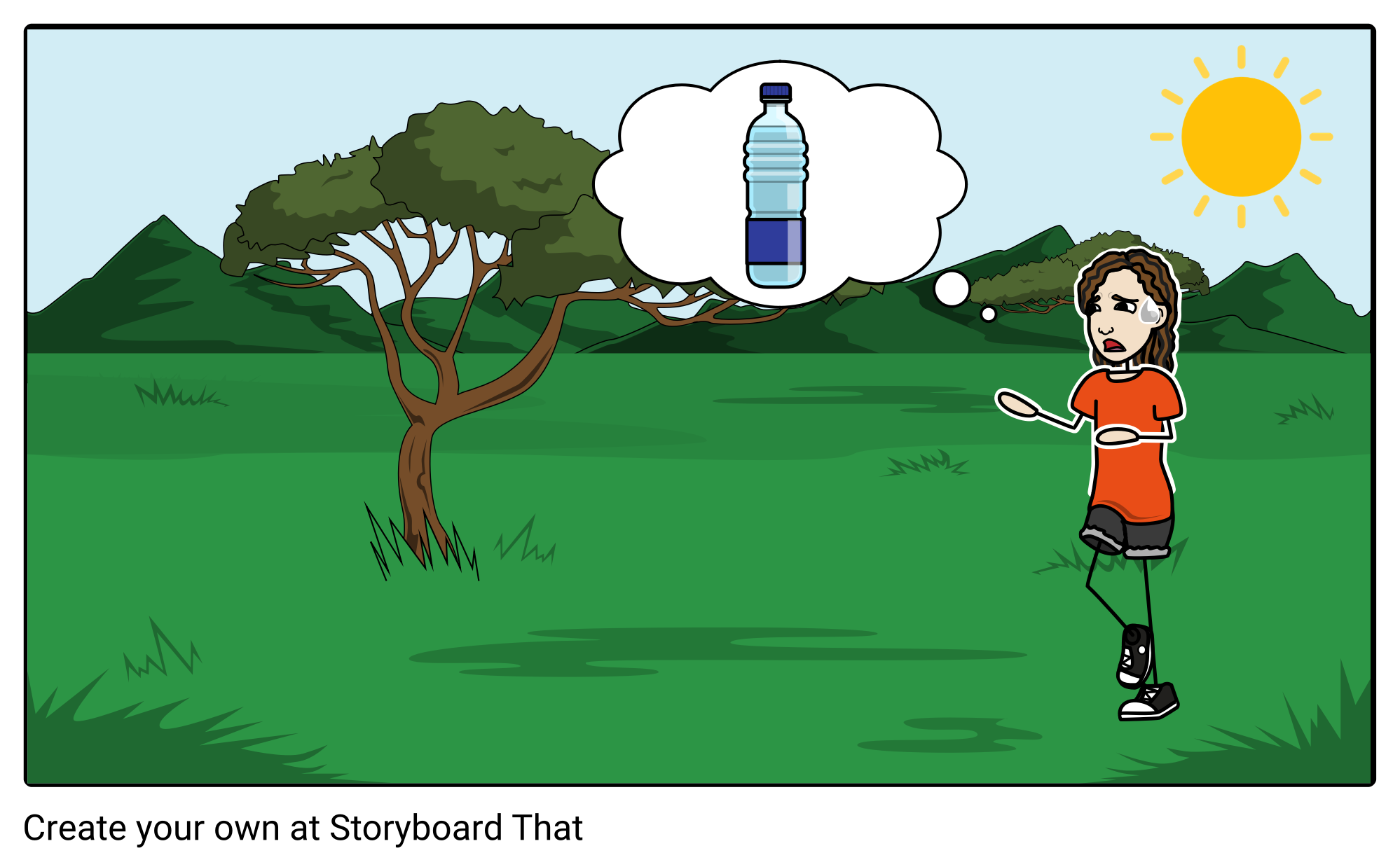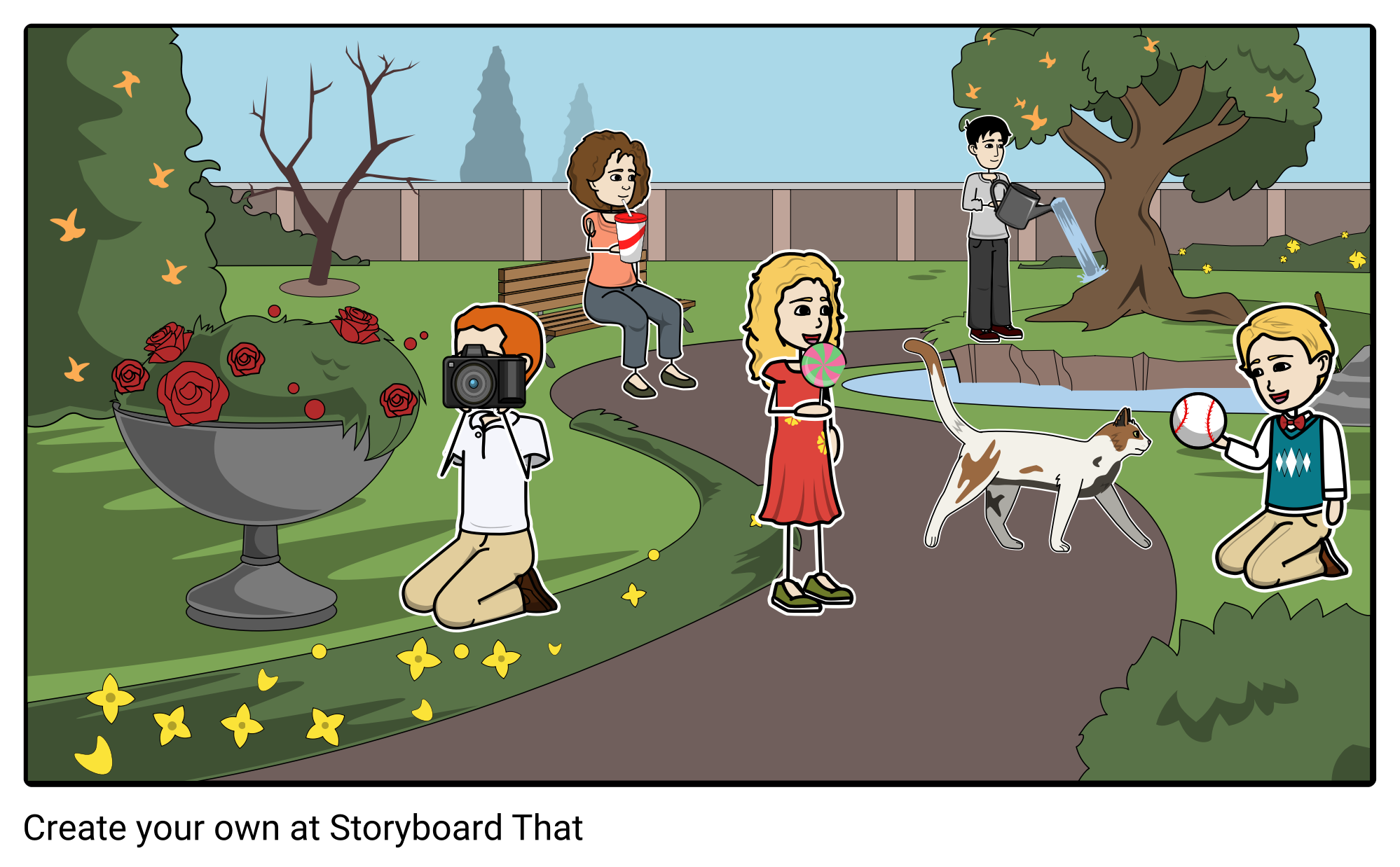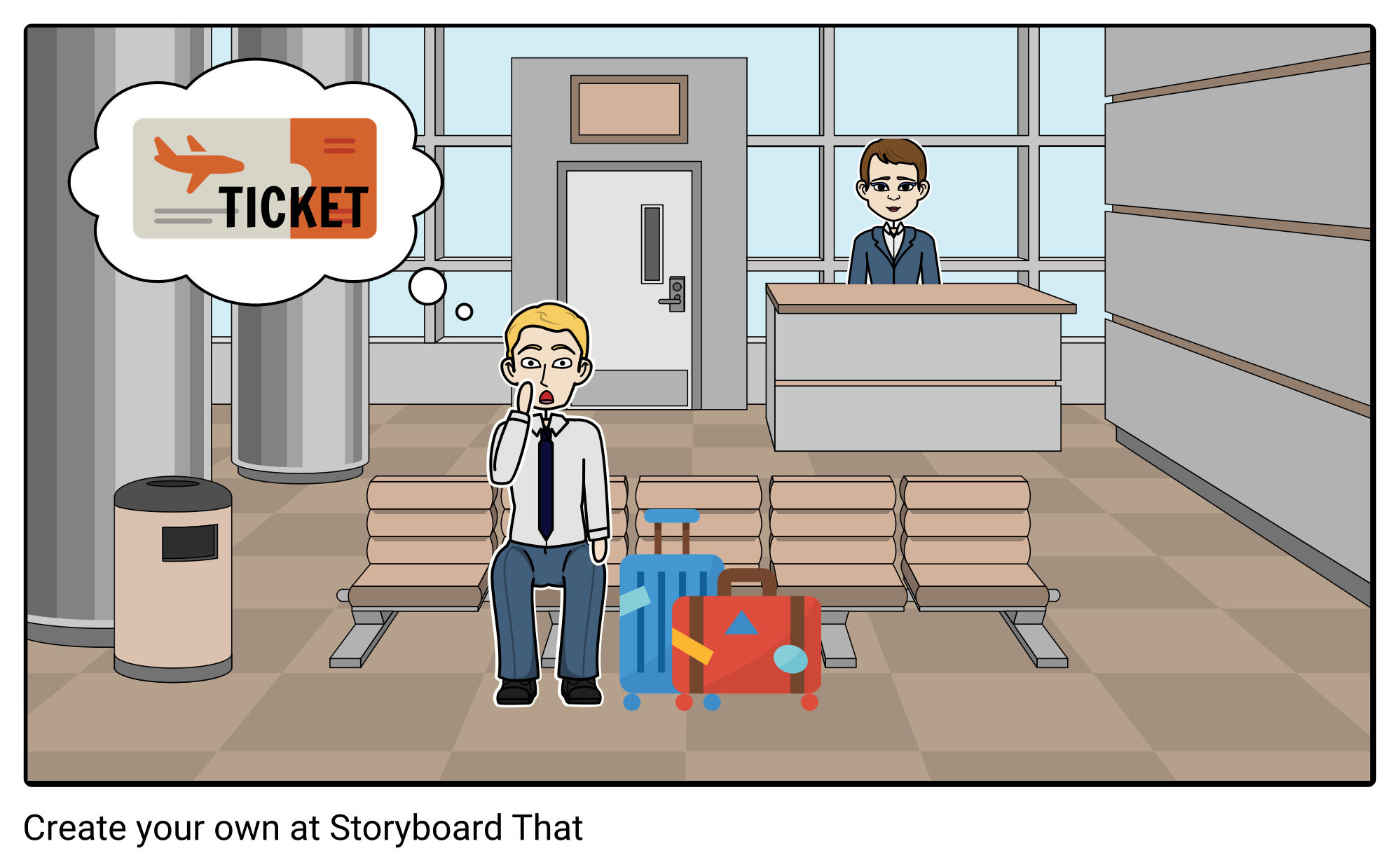Canoeing across the Pacific Ocean
Pacific Ocean is the largest and deepest ocean on Earth. It covers more than 30% of the Earth’s surface. A lot of people like canoeing on the said ocean despite its size. However, there are a few things to consider when canoeing on the Pacific Ocean. First, sharks live in the ocean. They are humans’ enemy in the water. Next, there are no nearby lands in the ocean. Even if a thunderstorm comes, people have to stay in their canoe. When there’s a storm, there is lightning. People who like to canoe on the ocean should be aware that they have to put their heads down when canoeing on a stormy day so they will not be struck by lightning. Waves are also to be considered before going into the ocean. Lastly, big ships might not notice people paddling a small canoe on its way. People should never paddle their canoe on a big ship’s way to avoid major accidents.
1. What is the deepest and largest ocean on Earth?
Answer: ______________________________________________________________
2. Why do people have to put their heads down when canoeing on a stormy day?
Answer: ______________________________________________________________
3. What are humans’ enemy in the water?
Answer: ______________________________________________________________
| Words and Expressions | Sample Sentences |
| wave | _______________________________________________ |
| thunderstorm | _______________________________________________ |
| nearby | _______________________________________________ |
| enemy | _______________________________________________ |
| notice | _______________________________________________ |
1. What do you think is the reason why people like canoeing on oceans?
Answer: ______________________________________________________________
2. Would you like to try canoeing on the ocean? Why or why not?
Answer: ______________________________________________________________
3. Do you think canoeing is a good form of exercise?
Answer: ______________________________________________________________
4. How do you think people can stay safe while canoeing on the ocean?
Answer: ______________________________________________________________
5. What do you think is the biggest problem people can face while canoeing?
Answer: ______________________________________________________________
6. Do you think people should have proper training before canoeing on the ocean?
Answer: ______________________________________________________________
7. Do you think it is good to canoe on the ocean alone?
Answer: ______________________________________________________________






